I’ve been remiss in talking about some of the TV and movie reference books I’ve read over the last year…so here are a few short reviews…
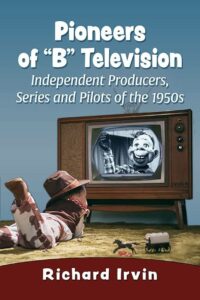 The prolific Irvin continues to mine the corners of TV ephemera for his exhaustively detailed, wonderful unique TV reference books which, as I’ve said again and again, seem to be written just for me. I love his books and wish they’d existed before I wrote my book Unsold Television Pilots back in the 80s. It would have made my research so much easier, and my listings much more informative… particularly in the case of this book. If you’ve always wanted to know more about pioneering TV producers Jack Chertok, Roland Reed, or Edward Lewis, the King of the Backdoor Pilot, this is the book for you. Speaking of back-door pilots, Irvin’s chapter on Movie Star TV Production Companies sounds like a pilot proposal for a series of books aimed, with laser-focus, on my wallet. This is a must-have for any TV reference collection….and for true historians of TV history.
The prolific Irvin continues to mine the corners of TV ephemera for his exhaustively detailed, wonderful unique TV reference books which, as I’ve said again and again, seem to be written just for me. I love his books and wish they’d existed before I wrote my book Unsold Television Pilots back in the 80s. It would have made my research so much easier, and my listings much more informative… particularly in the case of this book. If you’ve always wanted to know more about pioneering TV producers Jack Chertok, Roland Reed, or Edward Lewis, the King of the Backdoor Pilot, this is the book for you. Speaking of back-door pilots, Irvin’s chapter on Movie Star TV Production Companies sounds like a pilot proposal for a series of books aimed, with laser-focus, on my wallet. This is a must-have for any TV reference collection….and for true historians of TV history.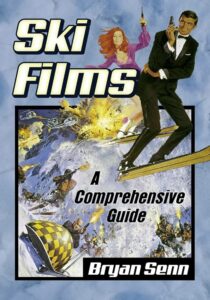 and movie-historians will find the book a fascinating and engaging reference work. I sure did. (As an aside — I can’t believe the notoriously litigious Bond producers haven’t sued McFarland & Co. for using the full poster of ON HER MAJESTY’S SECRET SERVICE as their cover!).
and movie-historians will find the book a fascinating and engaging reference work. I sure did. (As an aside — I can’t believe the notoriously litigious Bond producers haven’t sued McFarland & Co. for using the full poster of ON HER MAJESTY’S SECRET SERVICE as their cover!).tie-ins and novelizations, perhaps, than Alan Dean Foster. His anecdotes about novelizing movies and TV shows can be enjoyed on so many levels –. as a primer on the business and creative life of a working writer, as a history of tie-in,as an inside look at movie marketing, as history of film-making over several turbulent decades, and as a collection of amusing anecdotes/vignettes about Hollywood and writing. And on every level, it’s a resounding success.
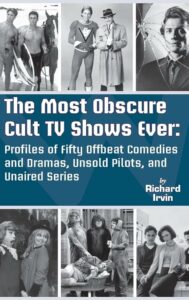 his picks of which shows and pilots and never-aired-series to include seems very arbitrary. It’s not clear what made these particular bombs any more worthy of being remembered than the 100s of others out there. The detailed descriptions of unaired episodes of short-lived become tedious and irrelevant, unless you happen to be one of the very few fans of one of these forgotten shows. I wish, instead, that less information was given on the unaired episodes and more space given to interviews with the writers & producers to give us more details on the creation and failure of these shows…and why they deserve not to be forgotten. That said, I don’t really get the point of this book. While I loved it, because I eat this kind of stuff up, I’m an outlier. I have to admit, as Irvin’s biggest fan, that this is his first misfire, a book that doesn’t strike me as necessary, or particularly useful, TV reference or history book.
his picks of which shows and pilots and never-aired-series to include seems very arbitrary. It’s not clear what made these particular bombs any more worthy of being remembered than the 100s of others out there. The detailed descriptions of unaired episodes of short-lived become tedious and irrelevant, unless you happen to be one of the very few fans of one of these forgotten shows. I wish, instead, that less information was given on the unaired episodes and more space given to interviews with the writers & producers to give us more details on the creation and failure of these shows…and why they deserve not to be forgotten. That said, I don’t really get the point of this book. While I loved it, because I eat this kind of stuff up, I’m an outlier. I have to admit, as Irvin’s biggest fan, that this is his first misfire, a book that doesn’t strike me as necessary, or particularly useful, TV reference or history book.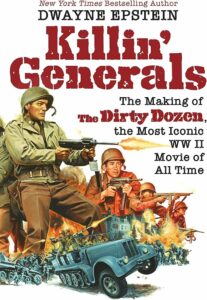 Lee Marvin: Point Blank. Epstein builds his book on his own interviews, but also upon previously published material gleaned from newspapers, actor biographies, and the like. The only drawback to the book are the lengthy, overly-detailed synopses of the novel and each draft of the script, Frankly, I skimmed most of the synopses, though I might go back to re-read those portions of the book if I ever re-watch the movie. I heartily recommend this book to anyone who is interested in film-making, regardless of whether you’ve seen the movie or not.
Lee Marvin: Point Blank. Epstein builds his book on his own interviews, but also upon previously published material gleaned from newspapers, actor biographies, and the like. The only drawback to the book are the lengthy, overly-detailed synopses of the novel and each draft of the script, Frankly, I skimmed most of the synopses, though I might go back to re-read those portions of the book if I ever re-watch the movie. I heartily recommend this book to anyone who is interested in film-making, regardless of whether you’ve seen the movie or not.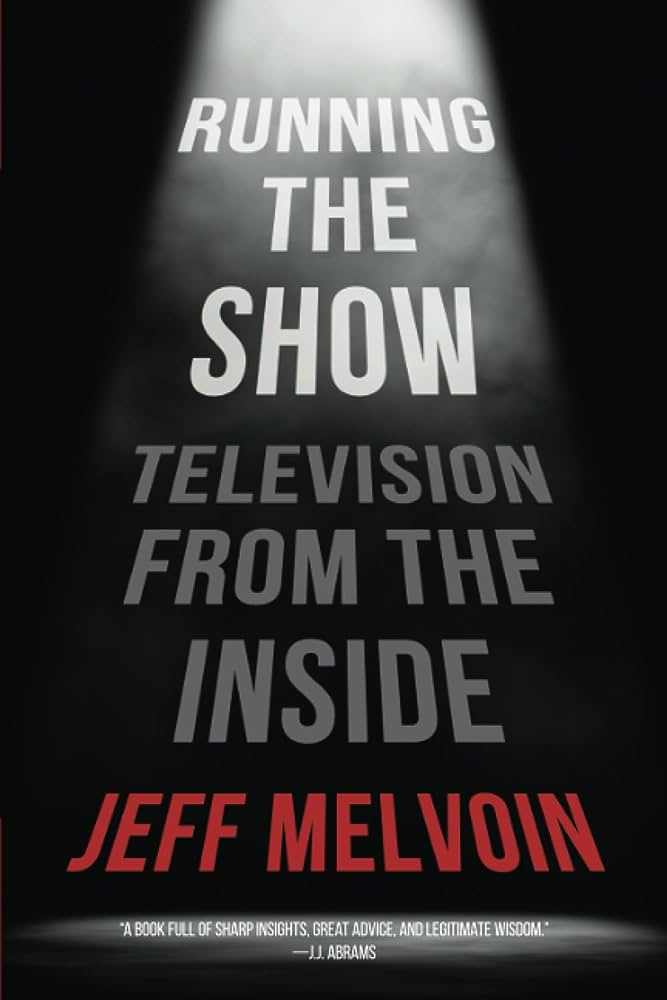
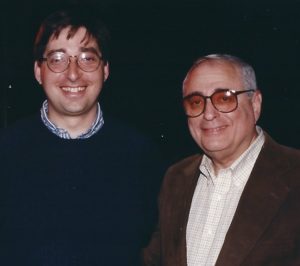
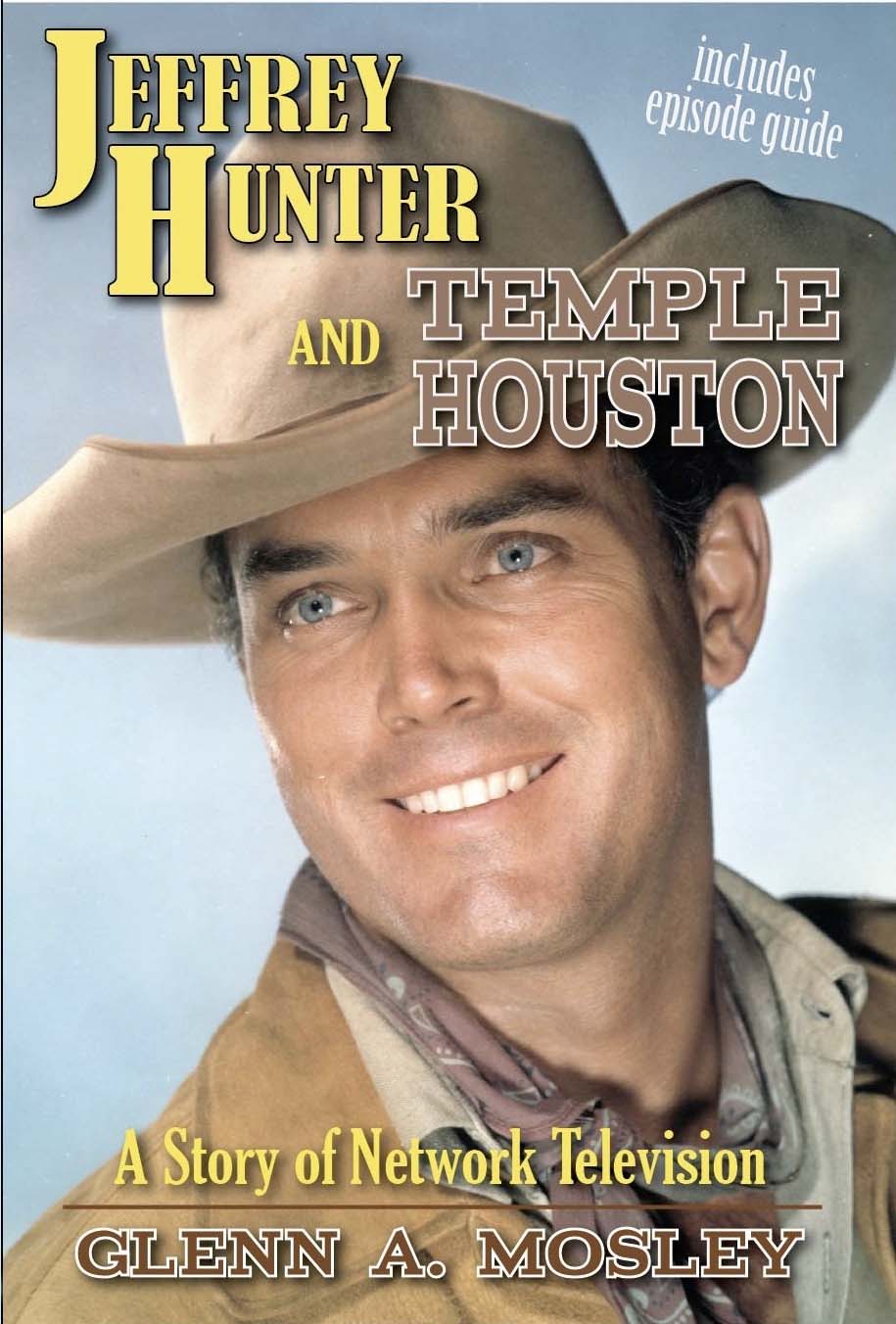
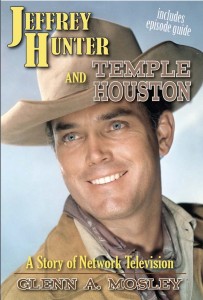 I love
I love 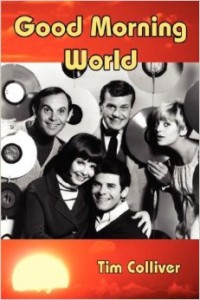
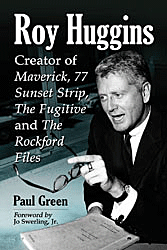
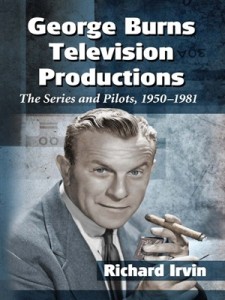 Burns famously broke the fourth wall with his Burns & Allen Show, about a showbiz couple with a TV show playing a showbiz couple with a TV show. He also produced such series as The Bob Cummings Show and Mr. Ed, and many of the writers, directors and producers that he worked with and supported went on to create huge hit series (like Paul Henning, who went on to create The Beverly Hillbillies and Green Acres). Burns and his company refined the art of using episodes as spin-off pilots, though none of the ones he did on Burns and Allen, or on Mr. Ed or The Bob Cummings Show, ever took off.
Burns famously broke the fourth wall with his Burns & Allen Show, about a showbiz couple with a TV show playing a showbiz couple with a TV show. He also produced such series as The Bob Cummings Show and Mr. Ed, and many of the writers, directors and producers that he worked with and supported went on to create huge hit series (like Paul Henning, who went on to create The Beverly Hillbillies and Green Acres). Burns and his company refined the art of using episodes as spin-off pilots, though none of the ones he did on Burns and Allen, or on Mr. Ed or The Bob Cummings Show, ever took off.